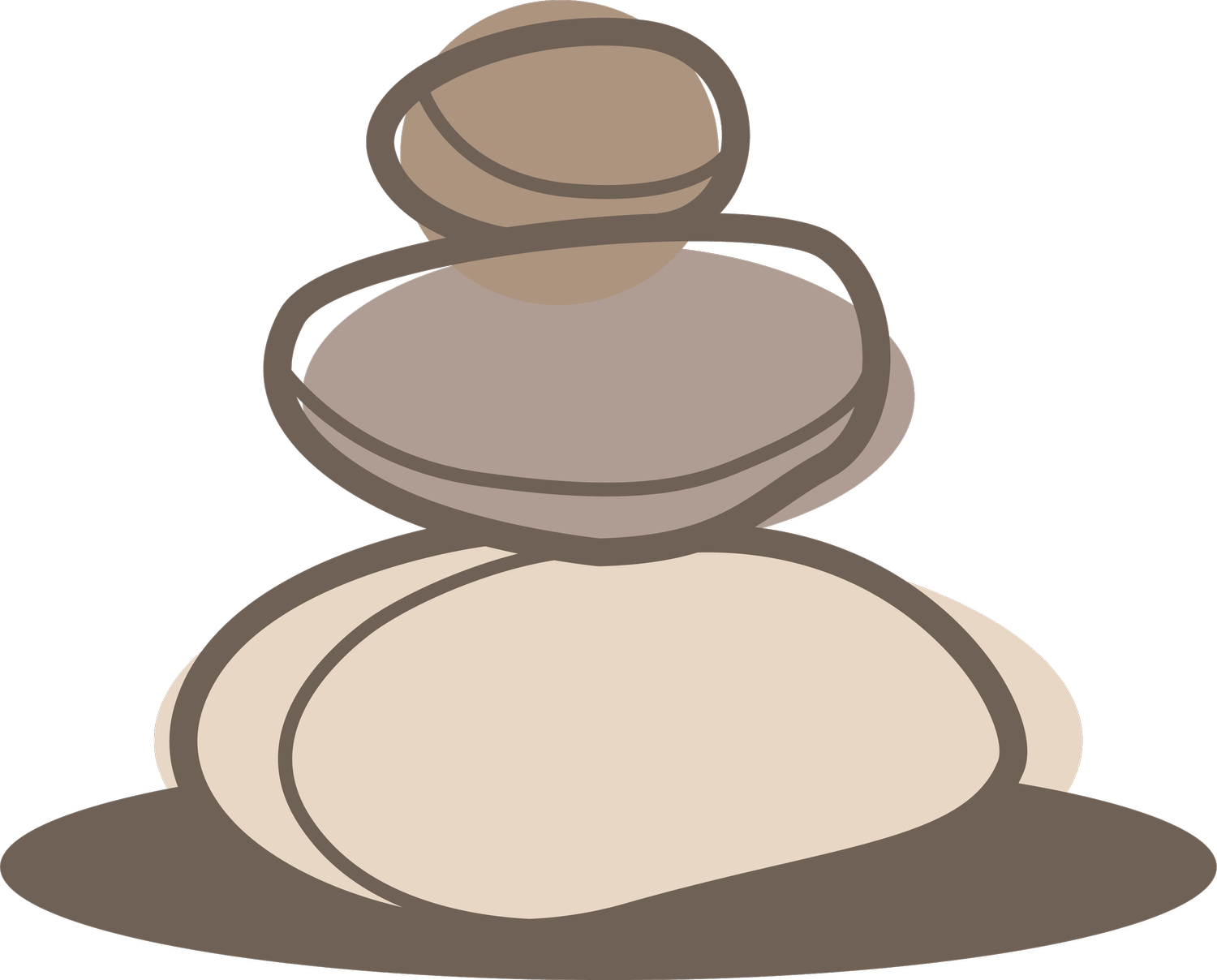Burnout Recovery Is More Than Just Rest – It’s a Personality Shift
It’s an easy cycle to get lost in. You work hard—maybe push yourself past your limits—because your workplace needs you. It's understaffed, and fast-paced. Saying no to that extra shift might disappoint your boss or let down your team.
So you push. You dig deep. You give more of yourself.
Until you can’t.
Eventually, your body starts shutting down. You get sick. You're forced to rest. Maybe you take a few sick days, slowly start to recover, and head back to work—hoping this time will be different. But it’s not. You’re back in the exact environment that caused the burnout in the first place.
Wash. Rinse. Repeat.
It’s More Serious Than We Think
By now, maybe you’ve been through this cycle three, four, even five times. You’re tired of it—and you should be. Burnout can be deadly. People die from overworking themselves, often from dehydration or stress-induced illness. In 2016, over 745,000 people died from stroke and heart disease caused by overwork
This isn’t just about work-life balance. It’s a matter of life and death.
Why Rest Isn’t Enough
If fixing burnout were as simple as “just rest more,” you would have done it by now. But deeper patterns are often at play:
Anxiety that makes slowing down feel dangerous
People-pleasing tendencies that say you can’t let anyone down
Perfectionism that whispers you’re not doing enough
A belief that your worth is tied to how much you produce
These thoughts and habits push us to keep going, even when we’re exhausted. We skip lunch. We pick up that shift. We avoid saying no. And the cycle continues.
Real Recovery Requires Real Change
Burnout recovery isn’t just about rest—it’s about changing the way you live. That means:
Unlearning harmful beliefs about work and self-worth
Developing mindfulness tools like emotional regulation, acceptance, and letting go
Rediscovering hobbies, joy, and connection
Reconnecting with your values and redefining what success means to you
Being honest with yourself about what’s driving your burnout
Taking back control and choosing not to be a passive passenger in your own life
And yes, it includes rest—but not just when you’re forced to. It means building a life that includes regular, intentional recovery so you never reach that breaking point again.
How I Can Help
If you’re stuck in the burnout cycle or overwhelmed by anxiety, I can help you unpack what’s going on beneath the surface and build real, sustainable change. Together, we’ll look at:
What’s driving your overworking habits
How anxiety and people-pleasing are keeping you stuck
Ways to set boundaries and actually stick to them
Practical tools to manage your nervous system and regulate emotions
How to create a life you don’t need to recover from
Burnout recovery is possible—and you don’t have to do it alone.
Book a free consultation today for anxiety counselling.

